Behringer Kobol Expander: France’s Minimoog gets the Behringer treatment
The RSF Kobol Expander was a Minimoog inspired monosynth made in France. Behringer has just revealed some photos of their version and there’s also something about an Avatar.
Kobol Expander
The RSF Kobol was originally a keyboard synthesizer, but a rack version came along, which split it up into different sections. Expander 1 housed the main synthesizer voice including the VCOs, filters, VCAs, LFO and envelope. Expander 2 added interesting things like Ring Modulation, Sample & Hold and other bits and pieces. Then there was a programmer unit which has circuits for storing patches and sequencing.
Behringer has released a couple of photos but largely without any explanation or detail at all. The description says that it’s simply ready for testing. The original Kobol actually looks just like one of the Behringer Eurorack sized synths and so this is probably the closest thing to a direct clone we’ve seen.
As far as I can see Behringer has added a pink noise option, put in an LFO/ADS switch for the VCAs and added MIDI and USB. Otherwise, this is a very close copy. There’s no information on whether Behringer will be adding the Expander 2 or the programmer at some point but at the moment this thing looks neat and useful.

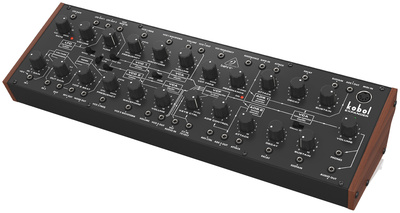
ARP Avatar
While we’ll looking at the Behringer Facebook page I can see that it’s also posted about potentially taking on the ARP Avatar. There’s a rendered mockup and a request for feedback about the potential for this lesser-known synthesizer. It was designed for guitarists and came with a hex pickup so that the guitar could control the sounds. It was an awesome machine that was terribly expensive and a complete disaster in terms of sales.
Behringer says that the clone will come with envelope and pitch followers to convert the audio from a guitar (or another instrument or mic) into CV. This neatly bypasses the need for the hex pickup. Of course, it will be massively cheaper than the original. The Avatar is just a proposal at the moment.
9 responses to “Behringer Kobol Expander: France’s Minimoog gets the Behringer treatment”

 4,9 / 5,0 |
4,9 / 5,0 | 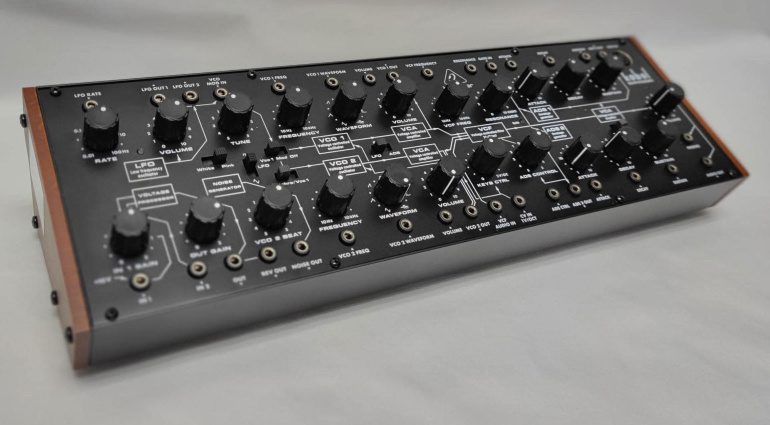
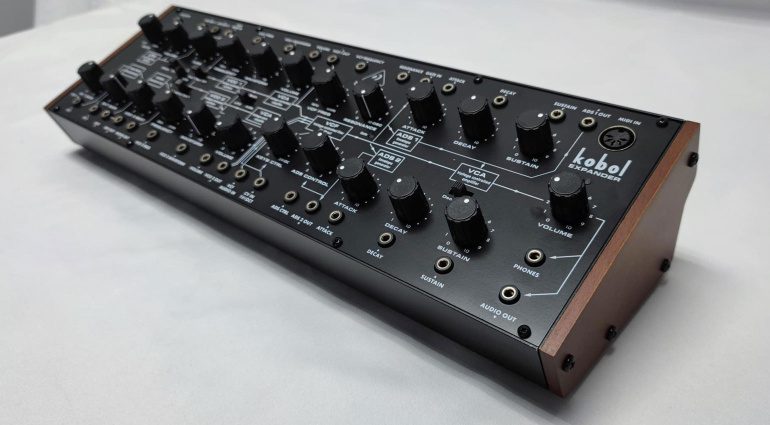
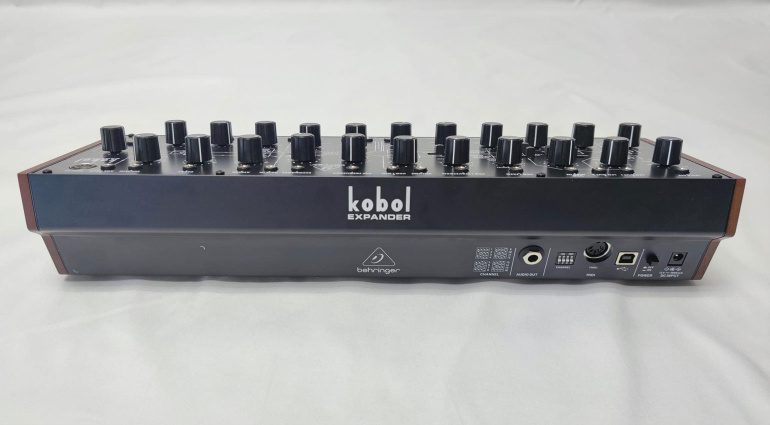



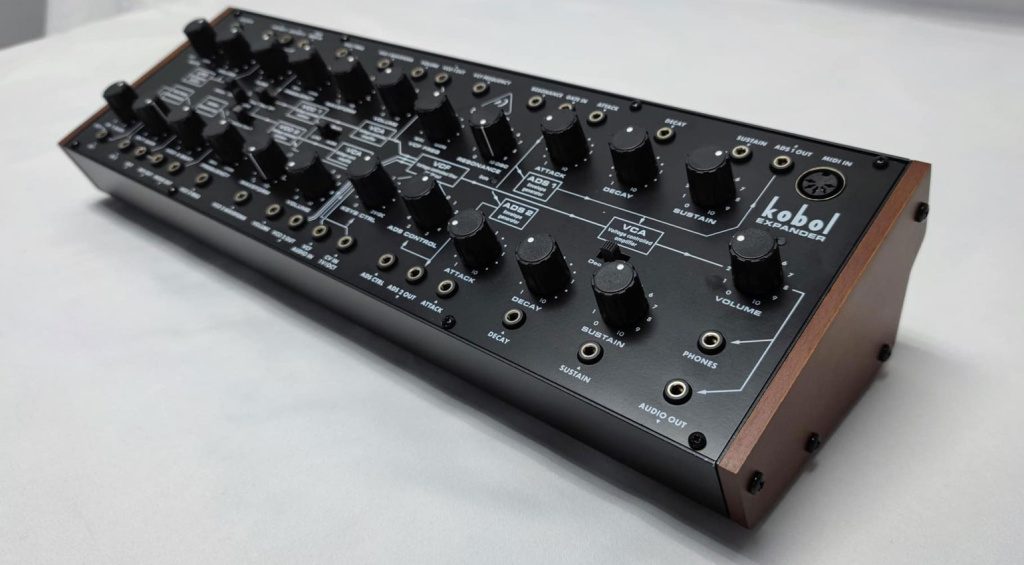
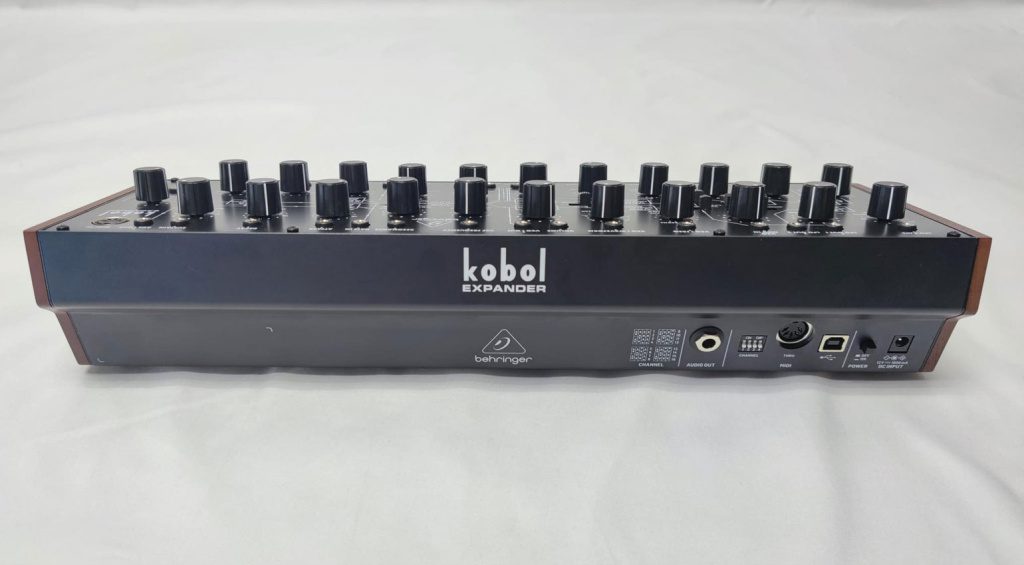

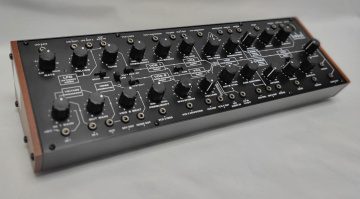


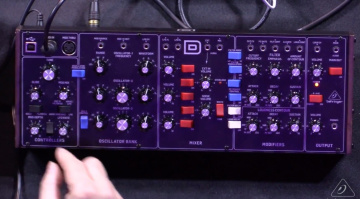
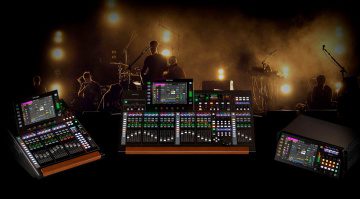

Behringer needs to release the MS-1 in eurorack form. The version they released w/kb is too damn big. For real this form factor is just amazing when paired with a Keystep pro.
Good idea!
Interestingly, the large majority of ppl don’t want the Avatar if it doesn’t have the Hex Pickup. Behringer stated their version has no need for such because it tracks flawlesly. The problem is that what made the Avatar interesting was the multi tracking allowed by the Hex. So, that majority of ppl doesn’t want it.
Now… The EMS Synthi Hi-Fli on the other hand, would be dope af. Needs some revision though.
Can’t wait til it comes out 15 years from now.
That comment saying “the majority of people” want a particular sort of pickup on this is either from someone who has done a very expensive scientific poll of a very large group of people from all backgrounds, or from someone who doesn’t know what they are talking about, and has delusional fantasies of grandeur.
(I wonder which is more likely?)
Who said guitarists would be the majority of buyers of this thing? Being able to process ANY audio through a classic ARP synth opens up sonic possibilities for unique sounds from ANY kind of instrument, or sound.
I’m a primarily a (piano) keyboard player, and also enjoy using my powerful computer and modern software with my 88 keys of midi to make it sound like all sorts of other tradional instruments, along with a wide spectrum of electronica, and this is one of the very first hardware synths I would consider buying, because of its ability to broaden my sonic pallette in ways not available with my very sophisticated “in the box” system.
I think I should withdraw my comment, as although there is some truth to my comment, the input is just for pitch information, and while this IS applicable to any sound source, it’s probably not designed overall as a way of processing audio….although that, combined with the sonic possibilities of using the primary source to modulate other inputs to this synth does open up interesting possibilities, and maybe I was too harsh with my criticism of the previous commenters assertion that everybody who buys this would want a fancy built in guitar pickup with it, maybe that is true, since it is labeled a guitar synth.
Or maybe post both my comments as a conduct a conversation publicly with myself probably best kept private, lol.
clearly, it should read as “I” conduct a conversation publicly, rather than as “a” conduct a conversation…..
I just wish Behringer would offer a (empty) 70HP wide Eurorack case.
Well yes, why not the Kobol as well, if you’re gonna clone the lot? My view of the Behringer clones is that many will be bought second hand and used for weird and wonderful purposes, the first owners tend to know too much about the instrument’s past. Imagine being 20 and finding an Octave Cat but knowing nothing about it, just using it. I think all these clones will come into their own about 5 years from now.
You are currently viewing a placeholder content from Facebook. To access the actual content, click the button below. Please note that doing so will share data with third-party providers.
More InformationYou are currently viewing a placeholder content from Instagram. To access the actual content, click the button below. Please note that doing so will share data with third-party providers.
More InformationYou are currently viewing a placeholder content from X. To access the actual content, click the button below. Please note that doing so will share data with third-party providers.
More Information